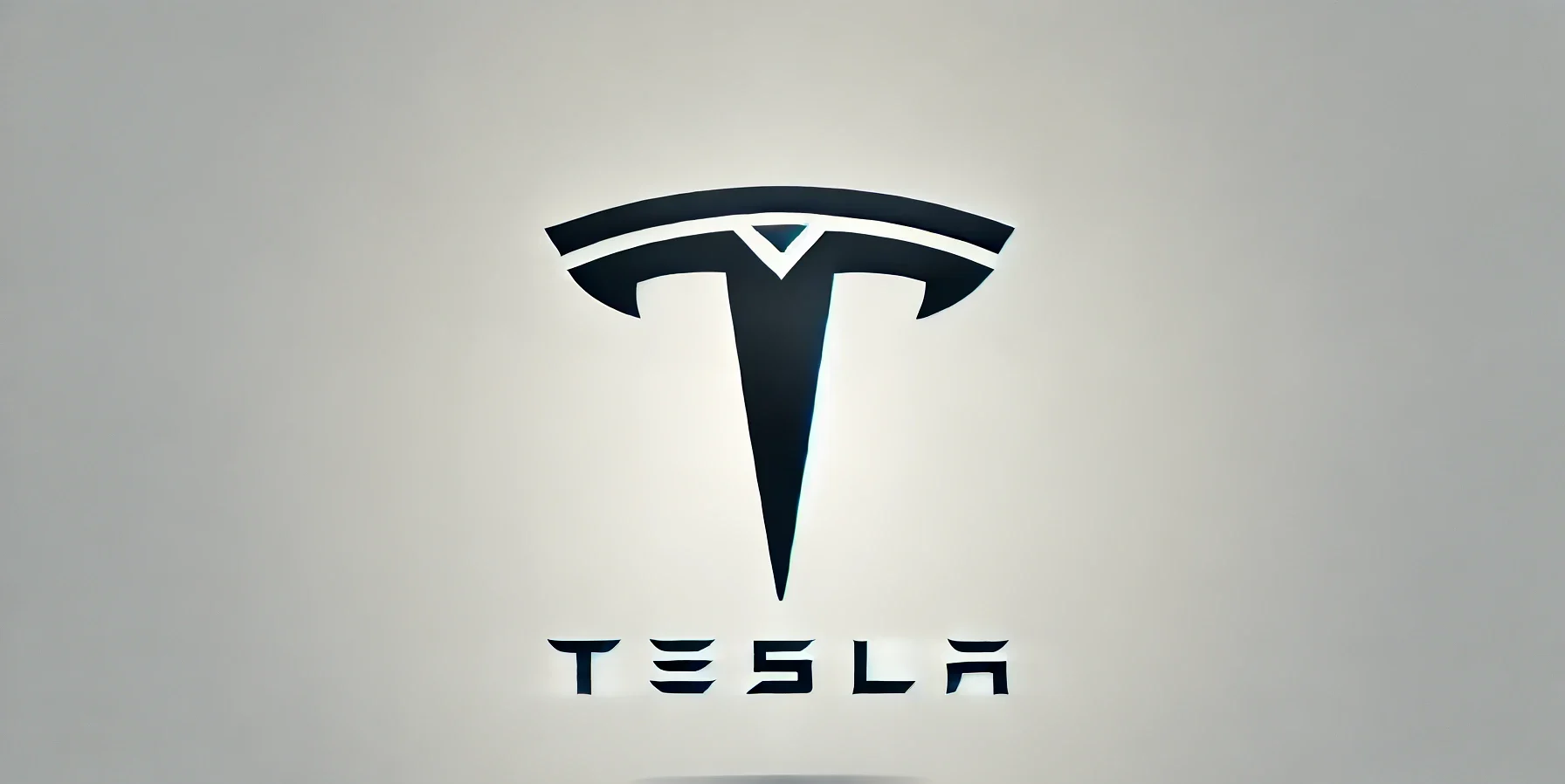Tesla’s upcoming annual shareholder meeting, scheduled for Thursday, promises to be a significant event, laden with high stakes and intense scrutiny. The primary issues on the agenda include the “re-ratification” of Elon Musk’s contentious $56 billion compensation package and a proposed change in Tesla’s incorporation from Delaware to Texas. These votes have garnered a whirlwind of attention, not only from Tesla’s retail shareholders but also from executives and employees, many of whom are rallying fervently for favorable outcomes.
Background on the Compensation Package and Incorporation Proposal
In 2018, Tesla awarded Elon Musk a substantial compensation package valued at $56 billion, contingent upon achieving specific performance targets. This package has been a point of contention, especially after Delaware Chancery Court judge Kathaleen McCormick struck it down earlier this year. The judge’s ruling highlighted concerns about the process and negotiations—or lack thereof—that led to the approval of this compensation deal.
The compensation package’s re-ratification has become a focal point, with advocates arguing that Musk met the agreed targets and deserves the payout. Tesla’s social media posts and public communications stress that “a deal is a deal,” emphasizing the achievement of the initial milestones.
Alongside this, shareholders will vote on whether Tesla should change its state of incorporation from Delaware to Texas. This proposal, while less dramatic than the compensation package issue, carries its own set of implications for Tesla’s governance and regulatory landscape.
Judge McCormick’s Ruling and Its Implications
Judge McCormick’s detailed 201-page opinion, issued in January, casts a shadow over the upcoming vote. Her ruling articulated a significant concern: Musk’s overwhelming influence over Tesla and its board. The judge found that the 2017-2018 negotiations lacked substantial scrutiny and independence, questioning the fairness and validity of the compensation package.
Critics from within the Tesla community have labeled McCormick a “radical activist judge,” but these accusations fall flat against the rigor of her legal analysis. McCormick’s examination laid bare the power dynamics at play, suggesting that Musk’s sway over Tesla’s board compromised the integrity of the negotiation process. Her ruling serves as a stark reminder of the checks and balances that should govern corporate decisions, especially those involving such large sums.
The Stakes and Potential Outcomes
From my point of view, the outcome of these votes could set significant precedents for corporate governance and executive compensation. If shareholders approve the re-ratification of Musk’s compensation package, it could be seen as a reinforcement of Musk’s leadership and a validation of his achievements. Conversely, a rejection could embolden calls for more stringent oversight and transparency in executive pay structures.
Similarly, the decision to move Tesla’s incorporation to Texas could reshape the company’s regulatory environment. Texas, known for its business-friendly laws, might offer Tesla more flexibility and fewer regulatory hurdles. However, this move could also lead to a reevaluation of Tesla’s operational and strategic approaches, potentially affecting its long-term stability and growth.
Personal Commentary: The Broader Implications
As I see it, the fervor surrounding these votes underscores a broader issue in corporate America: the balance of power between visionary leaders and effective corporate governance. While Elon Musk’s role in Tesla’s success is undeniable, the principles of fairness and accountability must not be overlooked. The integrity of corporate governance processes ensures that companies operate not just for the benefit of their charismatic leaders but for all stakeholders involved.
Moreover, the transition from Delaware to Texas raises questions about regulatory arbitrage and its impact on corporate behavior. While Texas may offer a more lenient regulatory framework, it is crucial to consider how such changes align with Tesla’s broader mission and values.
In conclusion, Thursday’s shareholder meeting is more than a procedural formality—it is a pivotal moment that could shape Tesla’s future. Stakeholders, from ardent supporters to critical observers, should heed Judge McCormick’s thorough analysis and consider the long-term implications of their votes. As Tesla navigates this critical juncture, the decisions made now will reverberate through its corporate landscape for years to come.






